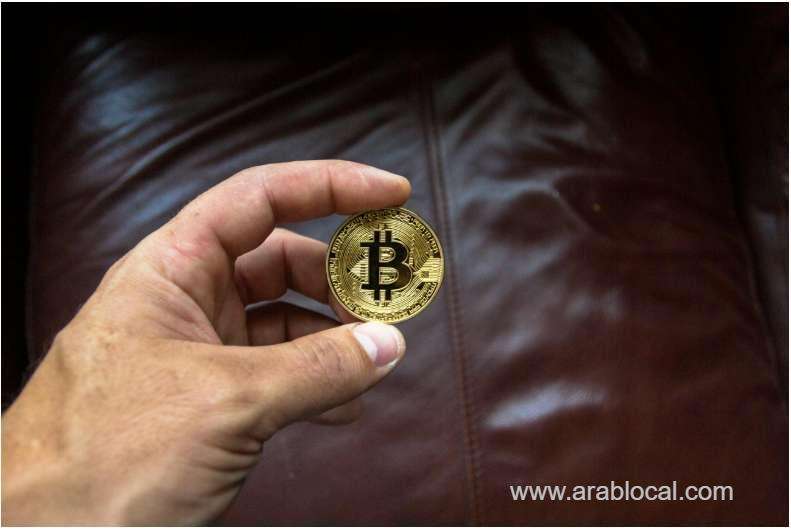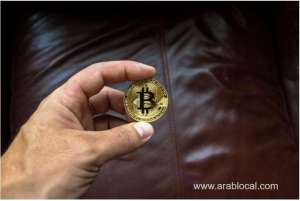Cryptocurrency is a market that has grown worldwide. The question you need to ask yourself is whether it has grown equitably? What about countries, cultures and religions that don't agree with the idea of this Western model, are they also able to participate in the same opportunities? Up until now, unfortunately, not so much; however, thanks to Binance Sharia Earn, this is absolutely a viable and lucrative possibility. Want to know more? Excellent, then keep reading.
Cryptocurrencies can be confusing on a good day. If you mix this with a culture and a religion, then you're not only looking at finances but many other very important aspects. It's not just about making trades, it's about making them in line with your Muslim values, which is the goal.
What Makes Crypto Halal or Haram?
In Islam, financial dealings must follow specific ethical principles. This includes avoiding riba (interest), gharar (excessive uncertainty) and involvement in haram (forbidden) industries. Cryptocurrency itself is not inherently haram but how it’s used can make all the difference.
- Crypto can be considered halal when it functions as a medium of exchange, similar to money.
- It must not involve prohibited elements like gambling or speculation that’s purely for chance.
- Transparency is crucial and transactions should be clear and free from deception.
- Investments should not support industries that are haram.
People have differing opinions but many agree that crypto can be halal when handled according to Sharia-compliant guidelines, especially if you're on a site or platform that supports this. Find one that works for you and not the other way around, a site that is reliable and trustworthy. Richard Teng, CEO of Binance, said: “Binance is committed to providing an inclusive and transparent trading environment. Through this product, we are working to enable the Islamic community and investors committed to Islamic law to participate in the current financial revolution of our time. ‘Sharia Earn’ is not only a financial product, but also a step towards a more equitable and ethical digital economy, which promotes financial freedom for all.
Halal Crypto Coins and Projects
Some crypto projects are specifically designed to be Sharia-compliant. These coins often go through certification by Islamic scholars to ensure they meet the required standards. When you’re looking at crypto options, you might come across projects labeled as halal because they avoid interest-based earnings, maintain transparency in how they operate, use assets or structures backed by real value and have undergone a Sharia review by qualified scholars.
While not every coin goes through this certification, knowing which ones do can make it easier to choose investments that align with your values.
Islamic Practices to Follow When Investing in Crypto
If you want to participate in the crypto market while staying compliant with Islamic principles, there are certain practices you can follow to keep your dealings halal.
- Do your research: Make sure the coin or project doesn’t involve haram activities.
- Avoid interest-based lending: Stay away from platforms that earn money through riba.
- Trade ethically: Avoid excessive speculation or gambling-like trades.
- Use transparent platforms: Choose exchanges that operate with clear policies and fair practices.
- Consult scholars: When in doubt, ask for guidance from someone knowledgeable in Islamic finance.
These steps help you navigate the market without compromising your faith.
Storing Digital Currencies the Halal Way
How you store your crypto matters, too. Islamic law emphasizes ownership and security of assets, so you should have full control over your funds.
- Use wallets where you hold your own private keys rather than relying solely on third parties.
- Avoid wallets or platforms linked to interest-bearing services.
- Choose storage solutions that are safe and free from unethical practices.
- Consider using cold storage for long-term holdings to enhance security.
Owning and managing your crypto directly keeps it in line with the principles of responsibility and transparency.
Trading and Avoiding Excessive Gharar
Gharar refers to excessive uncertainty and it’s something Islamic finance aims to minimize. Cryptocurrency is naturally volatile but you can still reduce gharar by trading responsibly.
You should avoid high-risk speculative trades that resemble gambling, focus on coins with clear utility and purpose, don’t invest more than you can afford to lose and make decisions based on research, not hype.
Trading with discipline and knowledge allows you to engage with crypto while respecting Islamic guidelines.
The Role of Zakat in Crypto
Zakat, the obligatory charitable giving, also applies to crypto holdings. If you own cryptocurrencies, you may need to calculate and pay zakat on them, depending on their value and how long you’ve held them.
- Determine the market value of your crypto at the time zakat is due.
- Include it with your other zakatable assets when calculating the total.
- Give 2.5% of the value to eligible recipients.
This ensures your wealth remains purified and aligns with the principles of giving in Islam.
Staying Updated with Sharia Guidance
The crypto world evolves quickly and so does the understanding of how it fits with Islamic finance. People continue to study and provide updated rulings as the market grows. Staying informed helps you make decisions that remain compliant.
If you want to stay updated on this topic, you should follow Islamic finance experts who discuss crypto, read up on new fatwas or rulings regarding digital assets and stay engaged with communities that focus on halal investing.
Knowledge keeps you from making mistakes and helps you navigate changes with confidence.
All Are Welcome
It's fascinating to see how the Halal Crypto market is growing. It's also wonderful to see that the crypto market as a whole is becoming more inclusive and giving people of different backgrounds the same opportunities.



